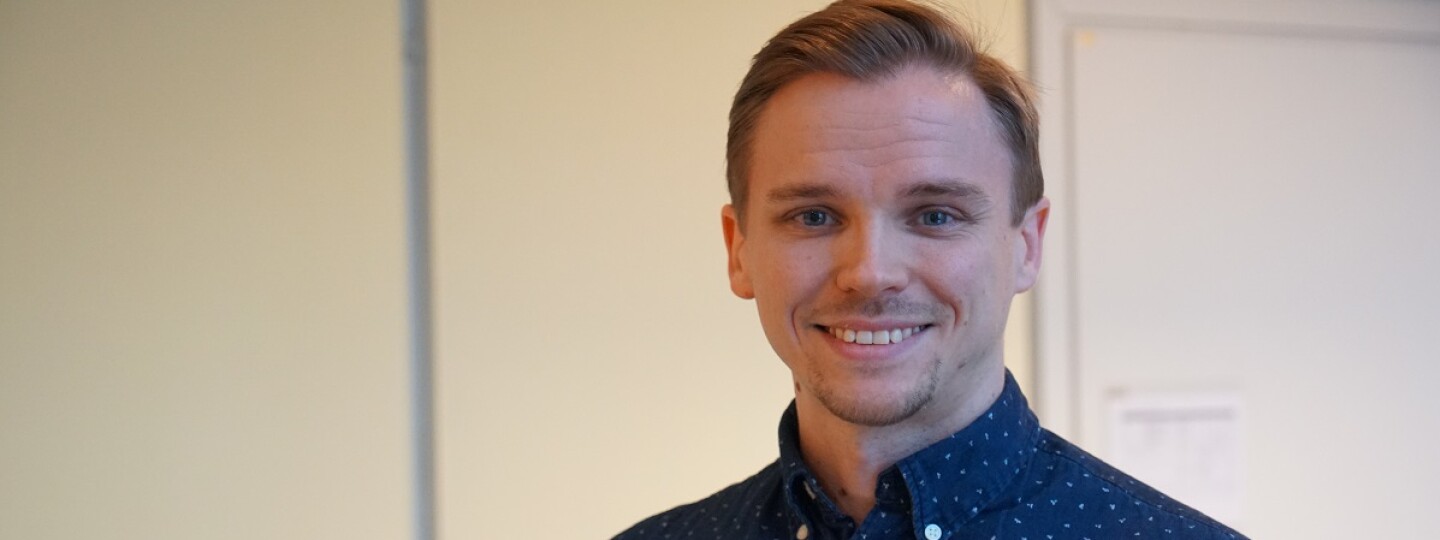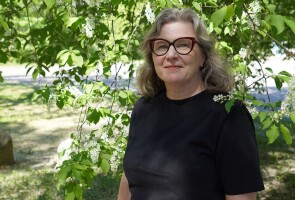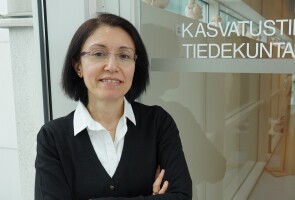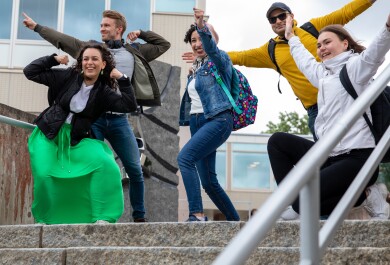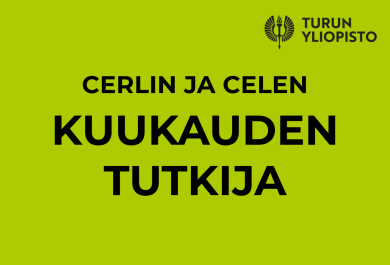CERLI, Centre for Research on Learning and Instruction, presents one researcher each month. In January it is doctoral researcher Mikko Haavisto’s turn.
At the moment, I am studying whether students in fifth grade learn environmental studies better from videos or illustrated texts. According to the first study of my doctoral dissertation, video leads to better learning outcomes and puts less strain on students than illustrated text. Since both materials have the same word and image content, the main difference between the materials is that in the video the text is spoken, whereas in the illustrated text it is written.
Studying this topic is important because nowadays educational publishers often provide teachers with spoken and written versions of the same content. Research enables teachers to make informed choices between the learning materials. Next, I will find out which factors (e.g., a child’s reading skills or the pace of studying) are related to the suitability of a particular learning material for a particular student. Considering that children’s reading skills are in decline, these are very interesting questions, aren't they!
In my everyday life as a researcher, my working days include reading scientific journals, writing articles, and interpreting and fiddling with numbers. From time to time, I also get to teach statistics to teacher students. In addition, I am part of several working groups where we plan how teacher education will be organized in the future and how our research could be further developed. The cherry on top of my workday is the philosophical discussion in the coffee room about more or (often) less educational topics.
I collaborate with experts from different fields in many different positions. First of all, in schools, I collect data in cooperation with teachers and principals. Second, I am involved in several research projects around the University of Turku: I am always ready to jump into research if I have something to contribute to the project. In addition, at Turku University of Applied Sciences, I am involved in developing learning materials based on virtual reality. This multifaceted approach keeps my research interesting.
When I'm not researching, I keep myself busy with several sports pursuits. In addition, I photograph, play musical instruments, sing, meditate, dance and code when I feel like it. I also like to follow the development of research and technology more broadly in fields that are not directly related to my own work. Lately, I have been particularly interested in the rapid development of artificial intelligence and its future prospects.
My greetings to those involved in learning and teaching research:
I urge everyone to fasten their seatbelts, because artificial intelligence is likely to change our daily work tasks extensively, both in teaching and research. In my opinion, AI could have a lot of potential, for example, in activating each learner and taking into account their individual needs. This will probably require openness and curiosity towards new kinds of teaching solutions in the coming years.
